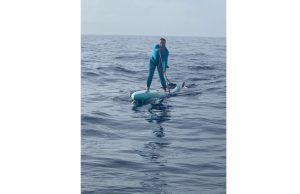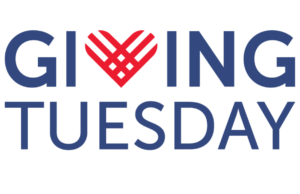Editor’s note: The NonProfit Times received the session information from the speakers and this is what was included.
Store and restaurant owners often fear mystery shoppers and diners. Items that are advertised as on sale but aren’t and cold coffee can damage the reputation of such establishments.
It can happen in fundraising too but trust and confidence in charities is even more critical given it relies on the generosity of fellow citizens. Ethical, best practice fundraising is a key plank of the peak body for fundraising in Australia. The session by Katherine Raskob, chief executive officer of the Fundraising Institute Australia, was titled: “What Mystery Shopping Tells Us About Donor Care (or Lack Thereof).”
Fundraising Institute Australia (FIA) is the keeper and champion of a self-regulatory code for fundraisers in Australia, based on the International Statement of Ethical Principles in Fundraising. The code sets out the values, beliefs and principles that govern professional fundraising, according to Raskob.
The FIA Code Authority is the body responsible for administration of the FIA Code. The authority proactively monitors fundraising activities of FIA members, ensures that Code complaints and appeals are handled in a fair and equitable manner, and makes recommendations to the FIA Board for improvements to sector self-regulation.
Training in the FIA Code is a requirement of membership to the industry body.
While having a professional code and training to govern the conduct of fundraisers is all very well and good, how do we know if members are actually complying?
To answer this question, the organization introduced a “mystery shopping” program as a way to monitor compliance. The code contains several specific commitments for fundraisers in how they must treat donors, beneficiaries and suppliers. By regularly checking on their compliance, ethical standards will improve across the sector, and this will be beneficial to charitable giving overall.
By late 2019, the FIA Code Authority completed several a rounds of mystery shopping, focusing on how members respond to requests from donors to opt out from fundraising communications. In general, the response to this has been positive and largely compliant with the FIA Code. The mystery shopping uncovered a few areas for improvement, including:
- A small number of charities were not able to respond to opt-out requests;
- There was a lag between submission of an opt-out request and some charities’ ability to process this before planned communications are sent, particularly in the case of email where lead times are shorter than for traditional direct mail;
- The size, positioning and prominence of opt-out options for mail and email communications being easier to find or prominent as recommended by the relevant Practice Note;
- Some opt-out processes offer only a partial solution for a donor wishing to remove themselves from all fundraising communications – examples being where an “unsubscribe” button on an email only removes the donor from a specific communication list – for example a newsletter, while retaining them on a range of other lists each requiring individual opt-outs which is challenging for charities who do not have preference centre options; and,
- Where requested to help donors stop receiving communications broadly; where able, charities should offer to assist donors in being removed from data-sharing arrangements within the charity’s control.
FIA is working with members to assist in improving their ability to adhere to tenets of the FIA Code around the issue of donor data and preferences.
In its communication with members around these issues, all charities responded that they are striving for absolute best-practice donor care, including respecting donor requests to opt out from future appeals, according to Raskob. The Code Authority and the FIA Board of Directors noted the positive response from all its members, including strong support for the work of the Code Authority and mystery shopping in continually lifting standards in the fundraising sector to ensure our social licence to fundraise in Australia.












